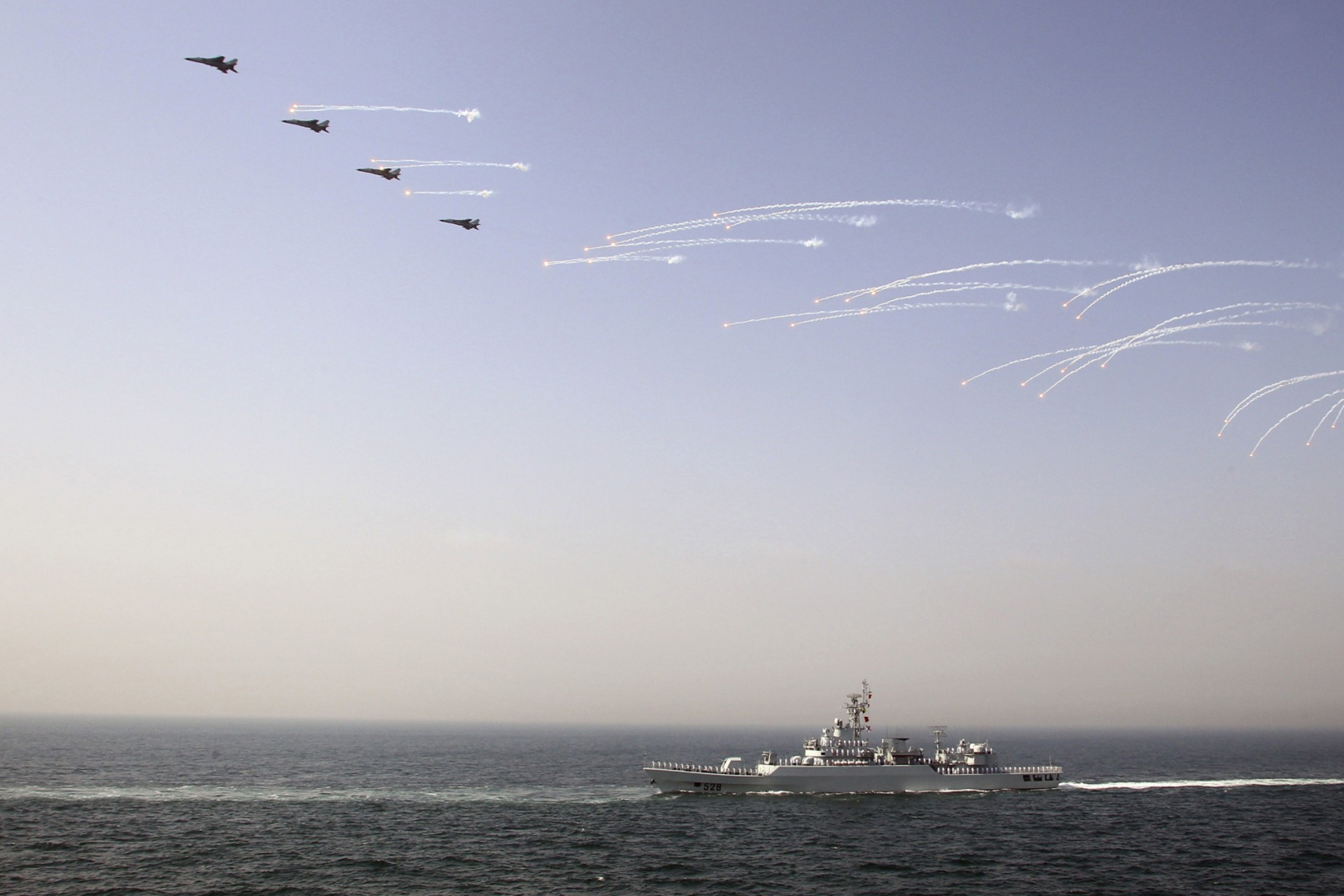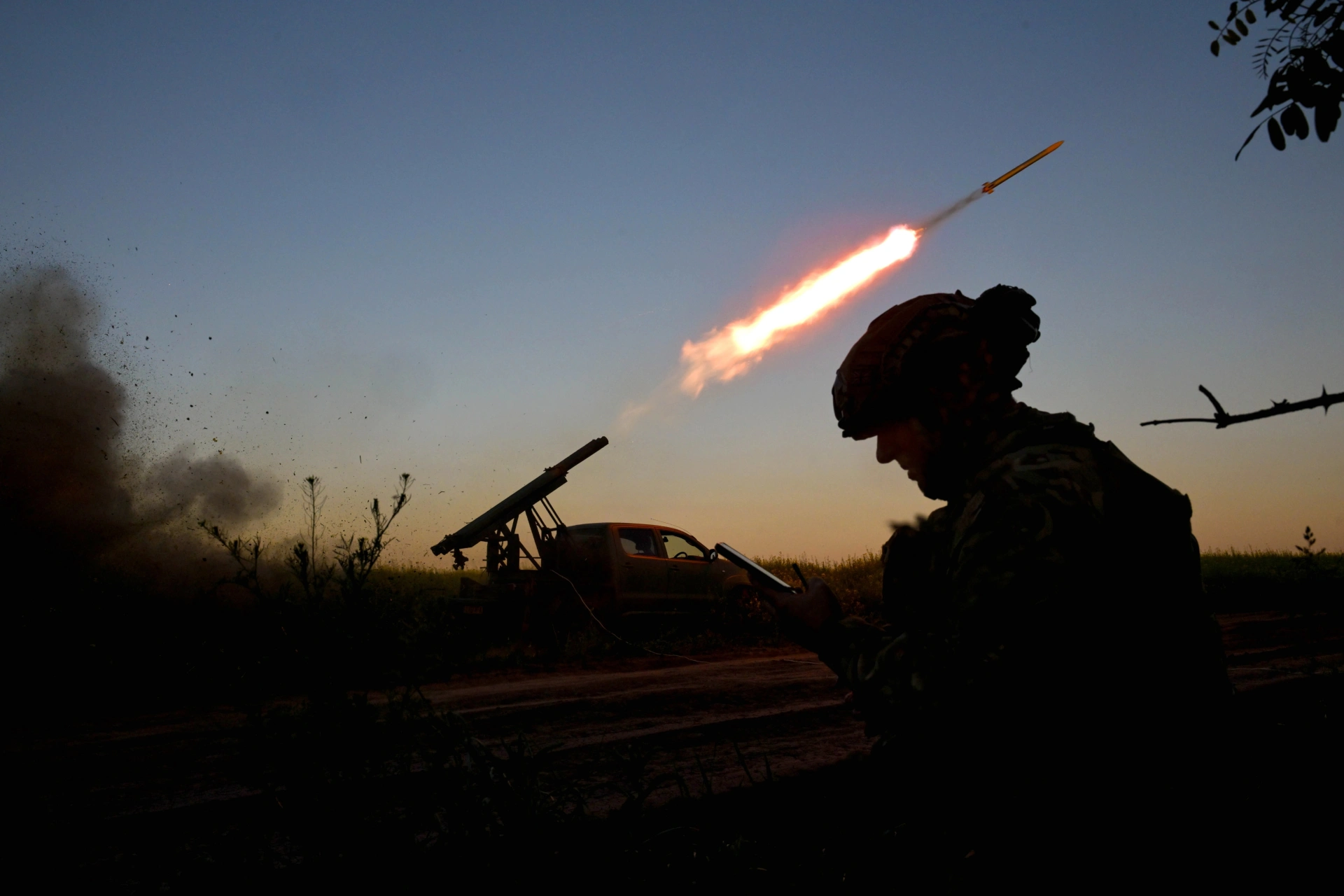Oil Security and Conventional War
Lessons From a China-Taiwan Air War Scenario

BY
- Rosemary KelanicAssociate Director of the Institute for Security and Conflict Studies at the Elliott School of International Affairs at George Washington University
Overview
In the past, conventional militaries were plagued by wartime oil shortages that severely undermined their battlefield effectiveness. But could oil shortages threaten military effectiveness in a large-scale conventional conflict today or in the future? Observers commonly assume that the amount of oil consumed today for military purposes is small compared to production and civilian demand, and thus that wartime shortages are unlikely. But this assumption has not been subject to rigorous evaluation in the unclassified literature. In this Energy Report, Rosemary Kelanic argues that it is flawed.
The Energy Report analyzes a potential air war between the People’s Republic of China (PRC) and Taiwan (also known as the Republic of China or ROC)—to enhance broader knowledge about fuel requirements in wartime. Insight gained from modeling such a conflict makes it possible to provide a rough estimate of potential fuel requirements and assess whether military demand could strain countries‘ supplies in the present, as it did in the past. Kelanic ultimately concludes that oil and fuel supplies could become significant constraints on China and Taiwan in the event of war. She also argues that this prospect helps illuminate Chinese oil security strategies, including strategic stockpiling and efforts to diversity supply routes for imported oil.t





